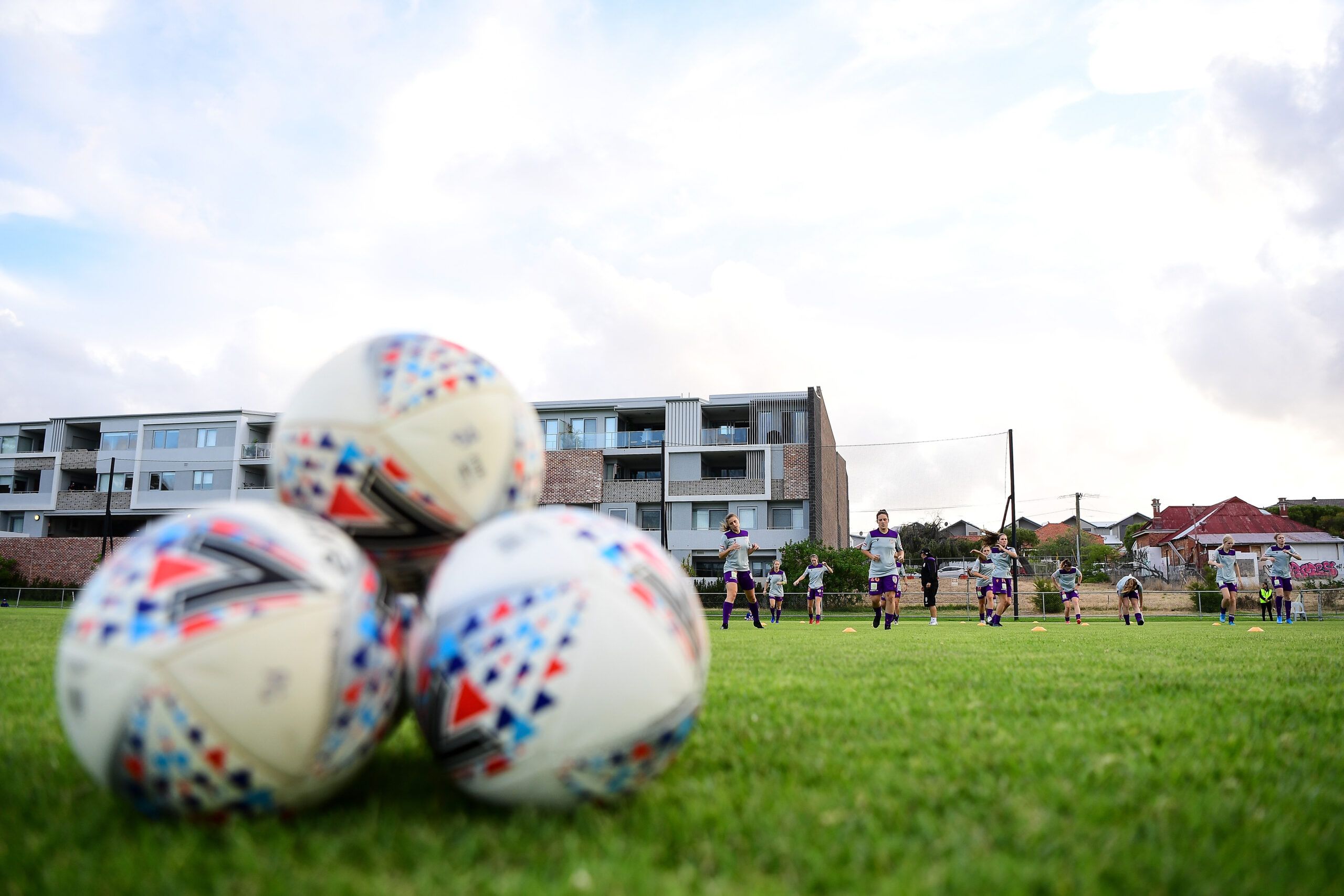As a follow-up to the outpouring of support and admiration for female athletes on International Women's Day, The FA has hosted the first 'Biggest Football Session Ever' across England.The nationwide event, spearheaded by The FA's 'Let Girls Play' campaign, saw more than 78,000 primary and secondary school children take part in bespoke football sessions.As women's football continues to grow in popularity, initiatives like this one are hugely important in paving the way for the future of the sport.But while football as a whole is saturated with young boys looking to start a professional career for themselves, the opportunities for girls specifically have been few and far between. Certainly for myself, and the majority of girls I grew up with, taking part in a proper game of football was a rarity.When you grow up in a football supporting family, the beautiful game becomes part of your everyday life. From my first ever Steven Gerrard shirt, to lying on the living room floor watching international icons of the noughties — football became ingrained.But donning my 2002 England kit to practise keepy-ups with a flyaway ball in my grandparents' back garden and swapping football cards at lunchtime was as far as it went for me.In primary school, there was one tattered, semi-deflated old ball that was always snatched up by the boys in the older years. Moving into secondary school wasn't much better either. 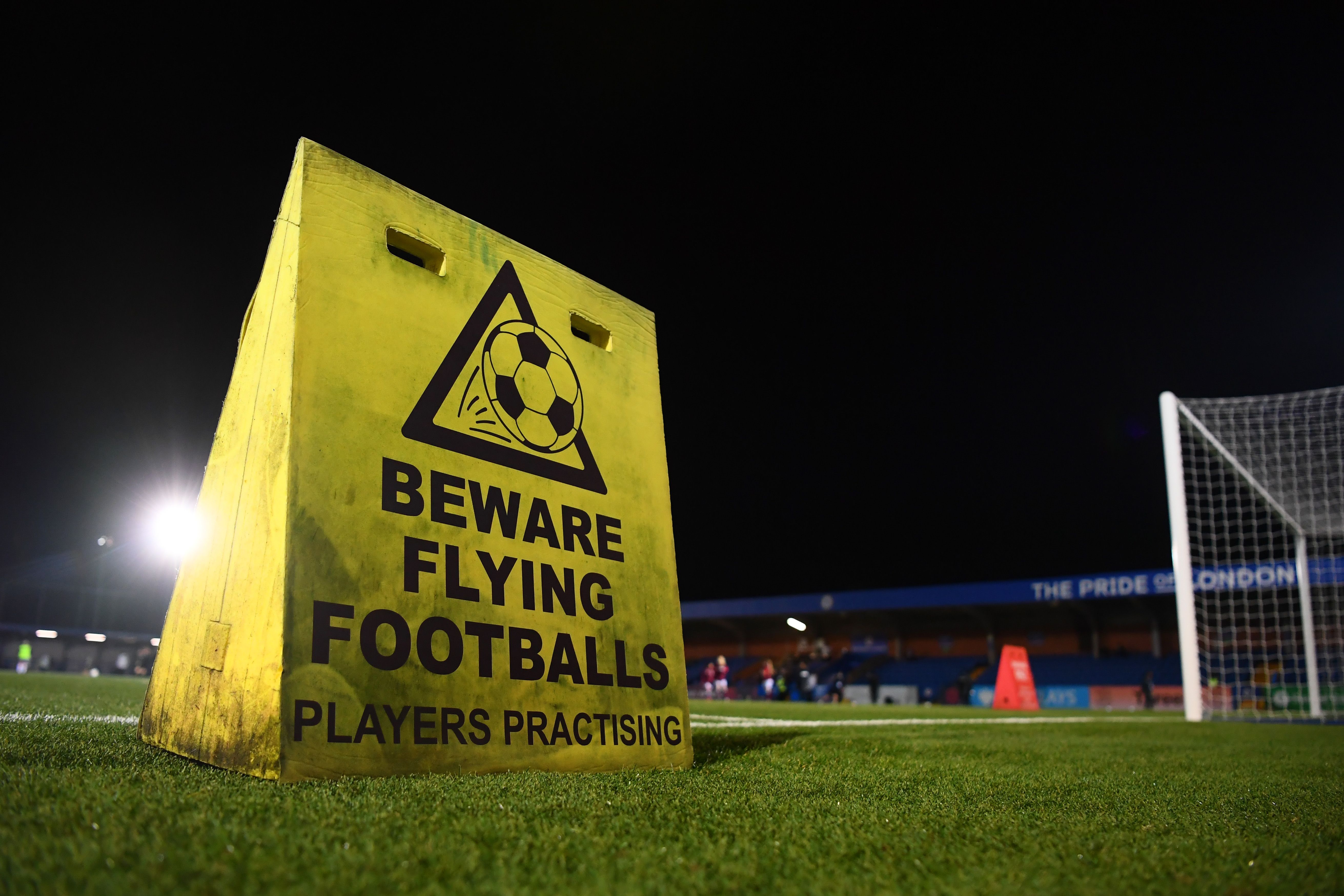 PE consisted mainly of netball, badminton, and hockey, but never the offered option of basketball, cricket, or rugby — something the boys enjoyed most weeks. When the teachers were questioned over why girls weren't included, we were met with a blunt, rather empty answer of: 'The girls just don't play those sports.'Football at break times also seemed out of the question, as the pitches were always occupied by large groups of boys from all years. For them, playing football was ultimately normal and the stigma of ‘girls can’t play’ had stuck like glue.It was only until I was in Year 11, at 15 years of age, that I played my first game of football in school. It lasted about 20 to 30 minutes in total, and because the other team was one player short, they were given a two-goal advantage. Wearing the ill-fitted tracksuit bottoms and oversized shin pads my mum frantically ran out to buy the night before, I scored two goals in my team's 3-2 win. It was five girls against four, with no one in any designated position apart from the goalkeeper. We didn't play another football match after that. It was viewed as more of a treat than something that should have been on the curriculum.
PE consisted mainly of netball, badminton, and hockey, but never the offered option of basketball, cricket, or rugby — something the boys enjoyed most weeks. When the teachers were questioned over why girls weren't included, we were met with a blunt, rather empty answer of: 'The girls just don't play those sports.'Football at break times also seemed out of the question, as the pitches were always occupied by large groups of boys from all years. For them, playing football was ultimately normal and the stigma of ‘girls can’t play’ had stuck like glue.It was only until I was in Year 11, at 15 years of age, that I played my first game of football in school. It lasted about 20 to 30 minutes in total, and because the other team was one player short, they were given a two-goal advantage. Wearing the ill-fitted tracksuit bottoms and oversized shin pads my mum frantically ran out to buy the night before, I scored two goals in my team's 3-2 win. It was five girls against four, with no one in any designated position apart from the goalkeeper. We didn't play another football match after that. It was viewed as more of a treat than something that should have been on the curriculum.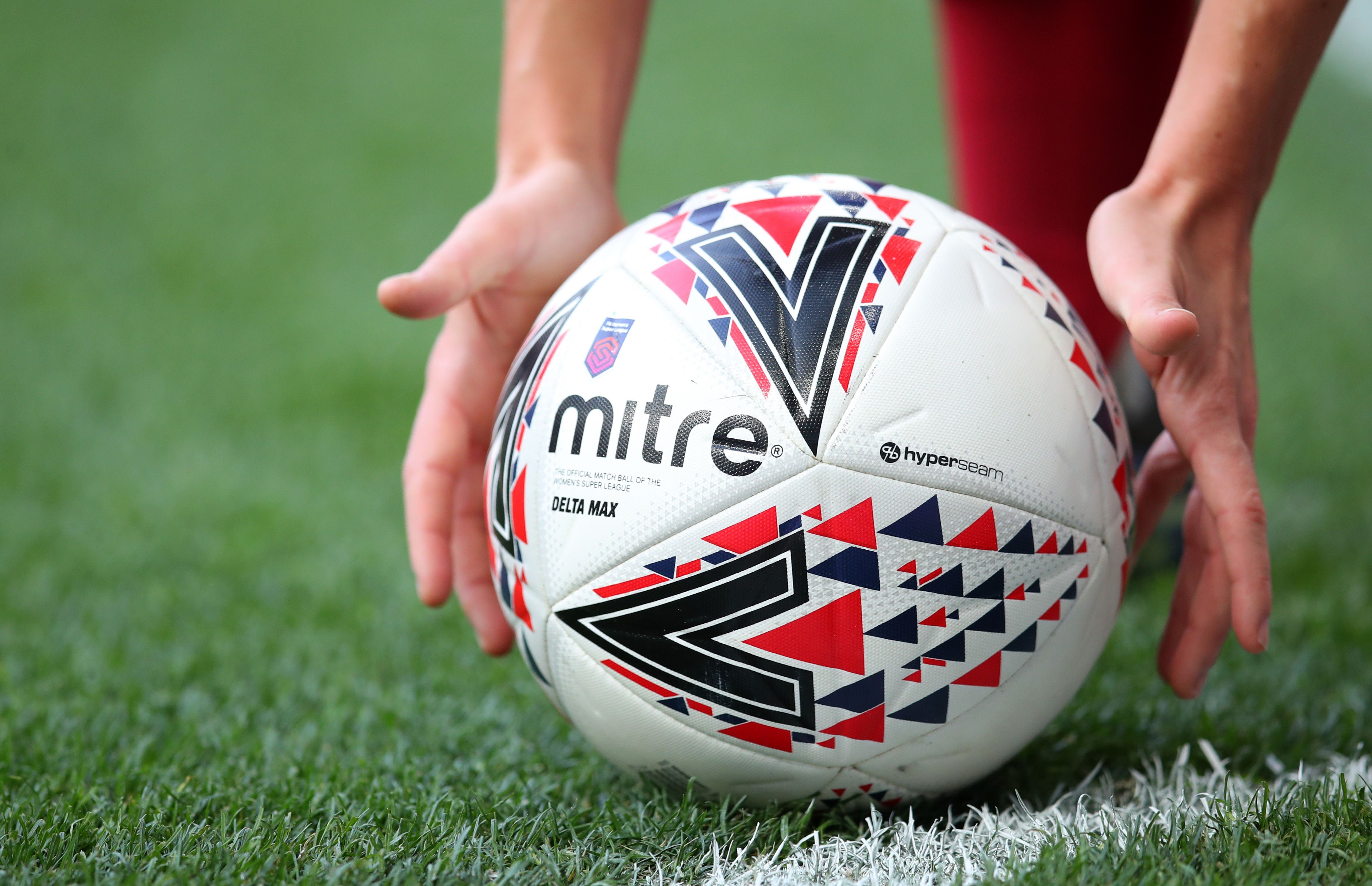 In that short game on the astroturf, I felt a sense of enjoyment I hadn't experienced before. Driving the ball forward with the wind stinging my cheeks before slotting it past the keeper was total euphoria. I felt like prime Gerrard. But my brief stint in a football team would be my last. I desperately wanted to be part of a team and learn how to move like the stars I grew up idolising, but without the opportunity to play more in school, and with no knowledge of how grassroots football worked, I'd hit a dead end.When I went off to university, I was beside myself with excitement at the idea of joining the campus football team. But with zero hours of proper training and just the one match to my name, the sense of imposter syndrome crept up on me fast and I withdrew my interest.Playing casual games in the park or on an open field with friends did not, for me, justify signing up for the university team. The looming feeling of anxiety over embarrassing myself during the trials was too much for an anxious, 18-year-old me to bear.
In that short game on the astroturf, I felt a sense of enjoyment I hadn't experienced before. Driving the ball forward with the wind stinging my cheeks before slotting it past the keeper was total euphoria. I felt like prime Gerrard. But my brief stint in a football team would be my last. I desperately wanted to be part of a team and learn how to move like the stars I grew up idolising, but without the opportunity to play more in school, and with no knowledge of how grassroots football worked, I'd hit a dead end.When I went off to university, I was beside myself with excitement at the idea of joining the campus football team. But with zero hours of proper training and just the one match to my name, the sense of imposter syndrome crept up on me fast and I withdrew my interest.Playing casual games in the park or on an open field with friends did not, for me, justify signing up for the university team. The looming feeling of anxiety over embarrassing myself during the trials was too much for an anxious, 18-year-old me to bear. 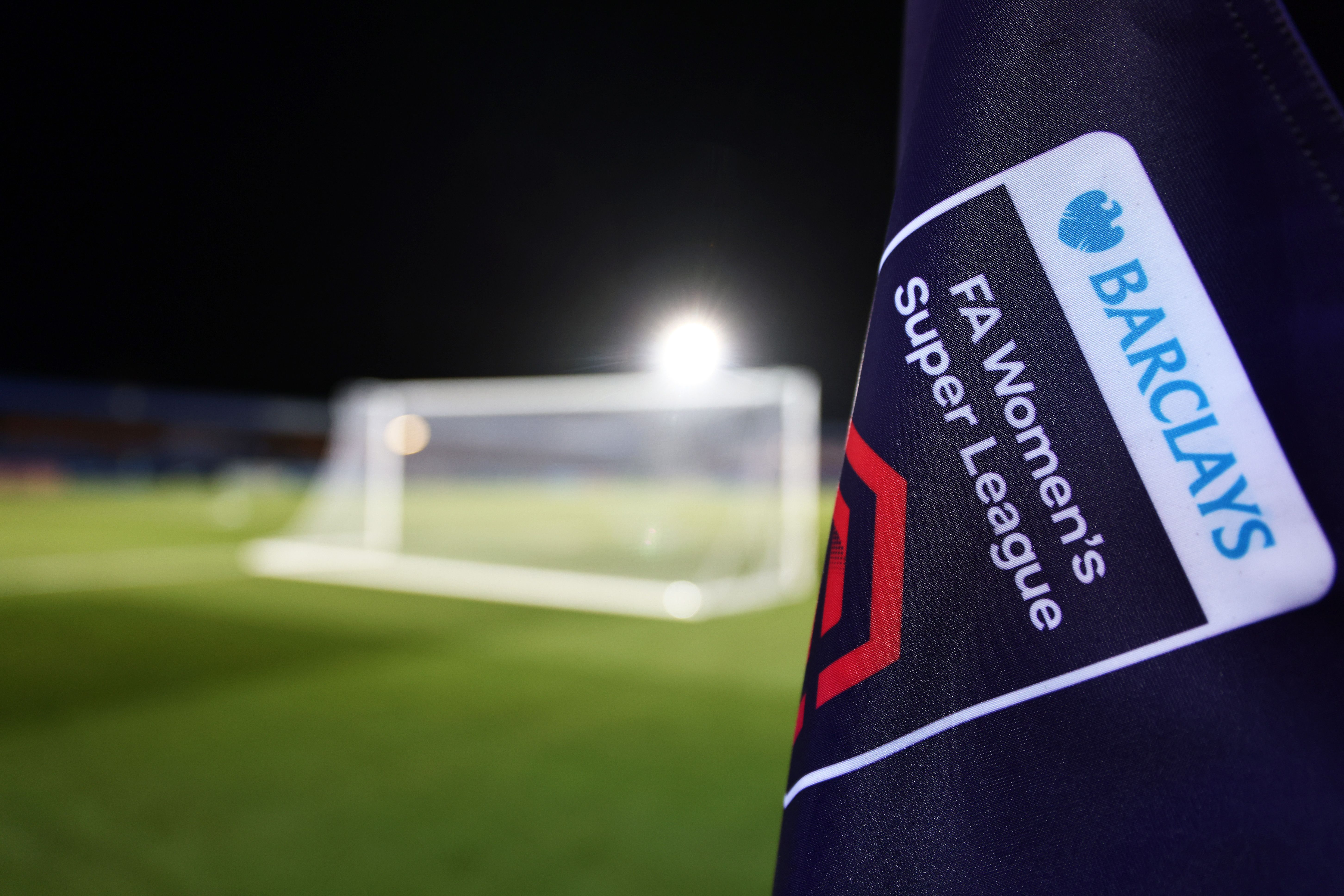 By the time I’d discovered how to access women’s football, fell in love with it, and felt inspired by the incredible women playing for England and in the Women's Super League, I was in my 20s and felt like my window had well and truly passed.Comparing the extremely limited opportunities I had growing up, to what is being put in place for young girls today, is astounding. With new broadcast deals helping to make women's football more accessible, girls and young women have a number of ways to watch the stars of today in action.Academy players making their senior domestic debut and young Lionesses earning their first caps are constantly inspiring the next generation. These footballers are constantly breaking the stigma surrounding women's football and showing aspiring young players that they do belong on the pitch and they can achieve their dreams.
By the time I’d discovered how to access women’s football, fell in love with it, and felt inspired by the incredible women playing for England and in the Women's Super League, I was in my 20s and felt like my window had well and truly passed.Comparing the extremely limited opportunities I had growing up, to what is being put in place for young girls today, is astounding. With new broadcast deals helping to make women's football more accessible, girls and young women have a number of ways to watch the stars of today in action.Academy players making their senior domestic debut and young Lionesses earning their first caps are constantly inspiring the next generation. These footballers are constantly breaking the stigma surrounding women's football and showing aspiring young players that they do belong on the pitch and they can achieve their dreams. 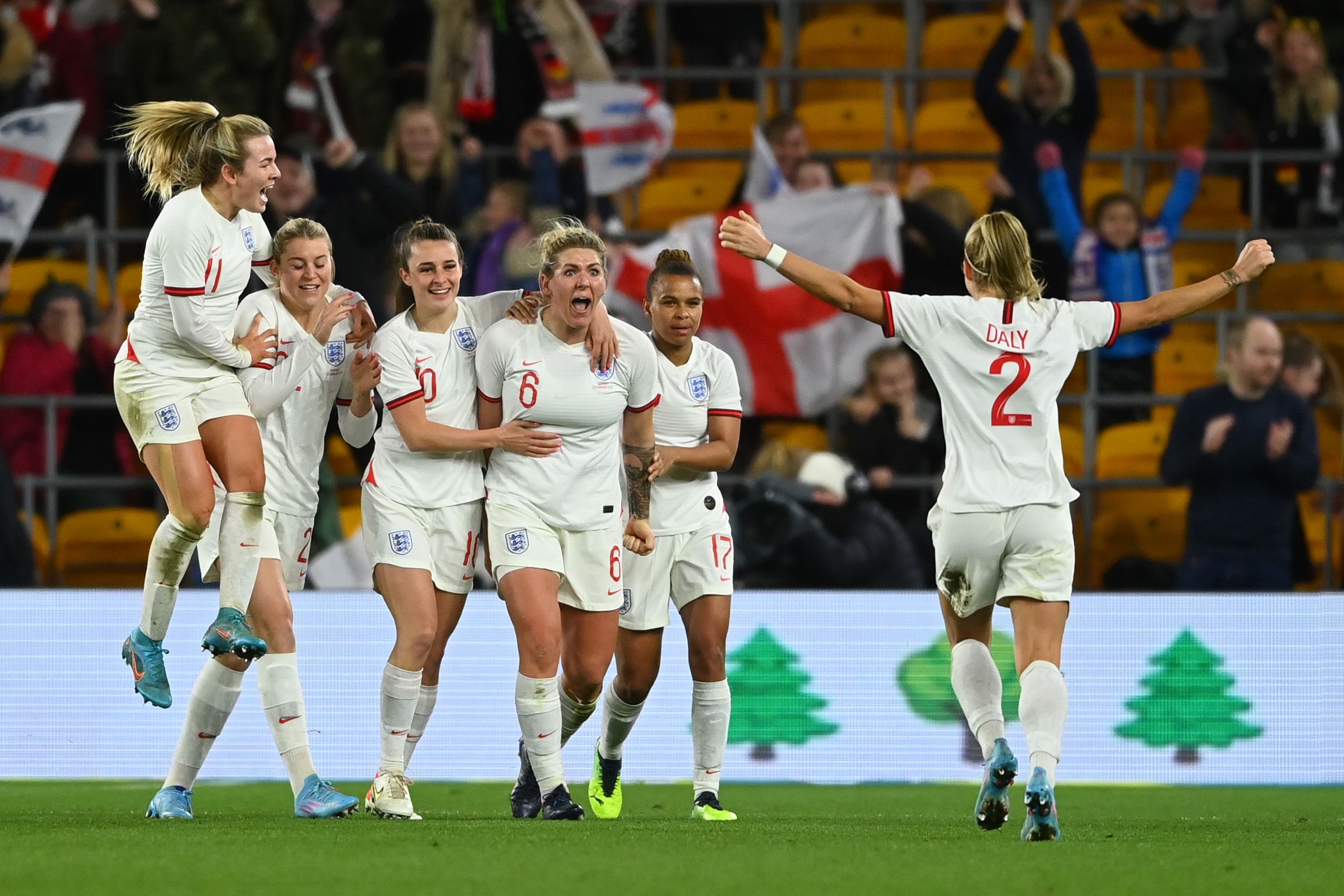 The FA's Head of Development, Louise Gear is aware of how watching England play Euro 2022 will spark a demand for young girls wanting to play football."It's really important for us at The FA to make sure that there's a supply of opportunities in our grassroots clubs," she told Sky Sports. "We want to give girls the same chances to play football in schools and that's what we're working really hard to do across the country."The FA's 'Let Girls Play' campaign aspires to reach 90 percent of schools across England by 2024. The mission is to see as many young girls as possible given the opportunities to play football both during and outside of school.
The FA's Head of Development, Louise Gear is aware of how watching England play Euro 2022 will spark a demand for young girls wanting to play football."It's really important for us at The FA to make sure that there's a supply of opportunities in our grassroots clubs," she told Sky Sports. "We want to give girls the same chances to play football in schools and that's what we're working really hard to do across the country."The FA's 'Let Girls Play' campaign aspires to reach 90 percent of schools across England by 2024. The mission is to see as many young girls as possible given the opportunities to play football both during and outside of school.
With the growing popularity of the sport and more chances for girls to ignite their passion from a young age, more and more aspiring players will be able to pursue their dreams.
And it isn't about setting a false precedent that every girl will have a spot on the Lionesses roster waiting for her when she's older, but more about simply giving her the chance to play the beautiful game without being snubbed of equal opportunities.
Some may make it to the big leagues, while others will just find a place where they feel like they belong.
There should be no ultimatum of: 'It's playing on a boys' team or nothing at all'. There should be no missing out due to not being presented with the right equipment. And there should be no talk of why girls shouldn't be lacing up their boots and stepping onto the turf.
Women's football is constantly growing — but it's vital we remember where it all starts. Nurturing youngsters playing at school and grassroots levels is crucial in promoting the sport as a game for everyone.
There is a whole era of adult women who were starved of opportunities as children and have no way of knowing how far they would have made it. Let's stop adding to the agonising thought of 'what if', and instead present an opportunity to 'see for yourself.'




















